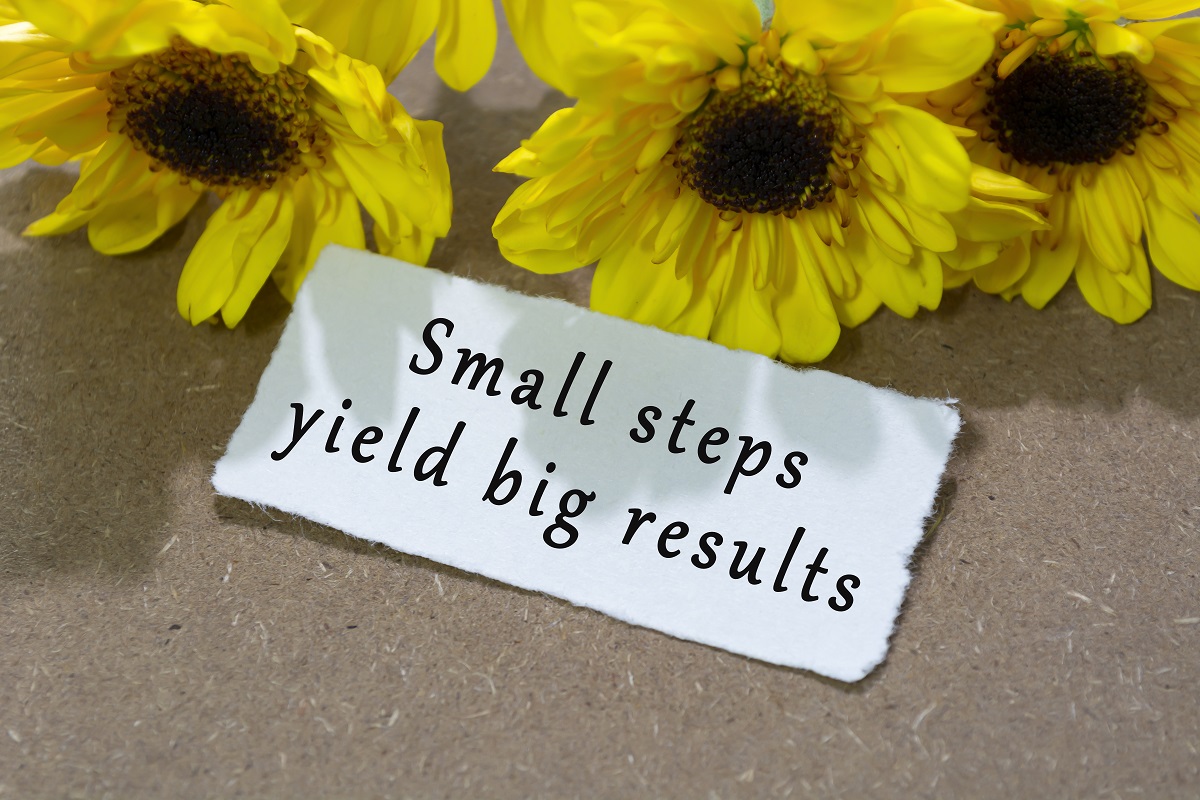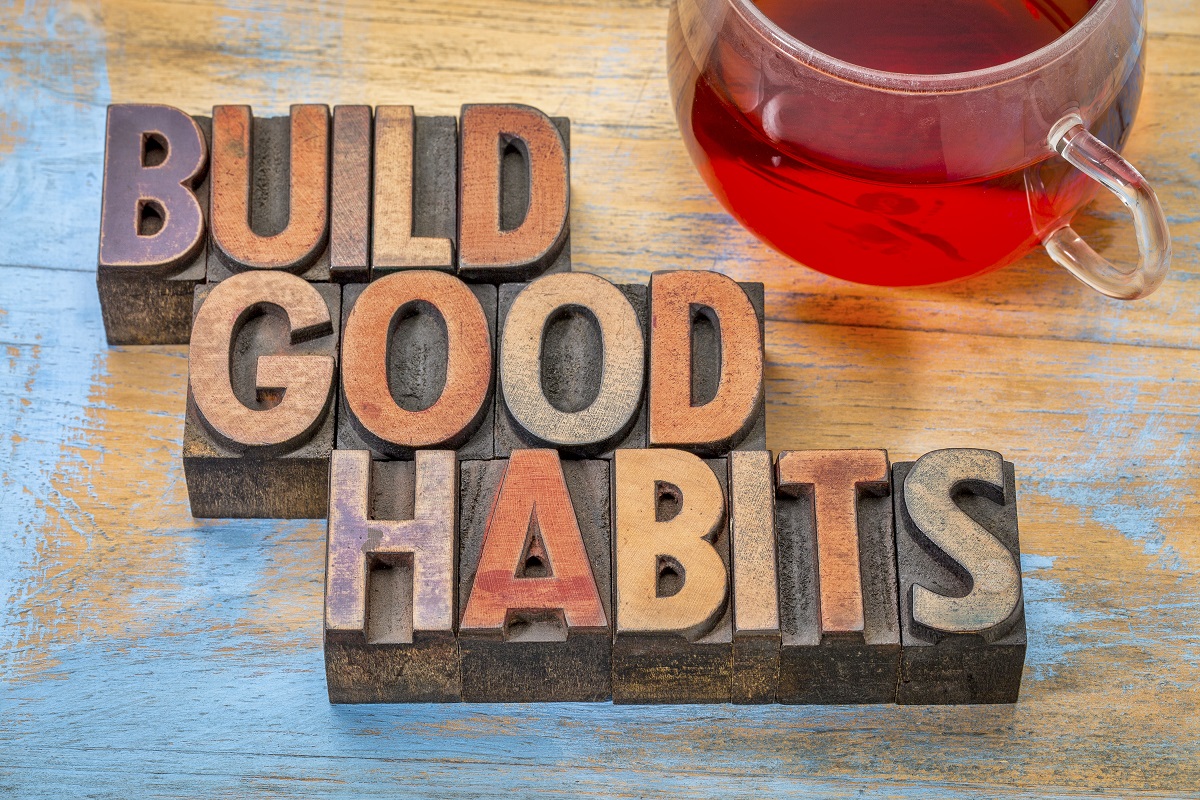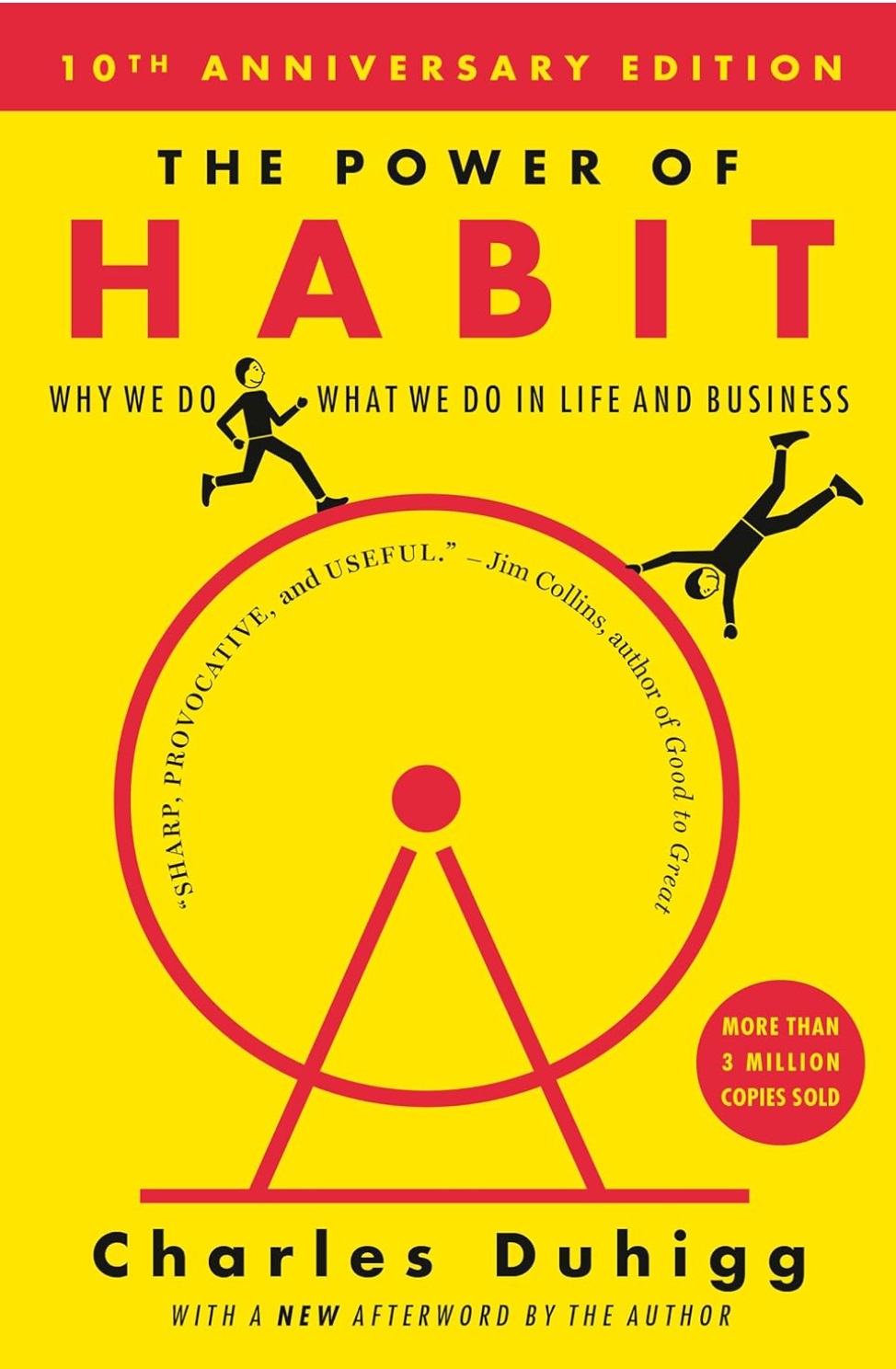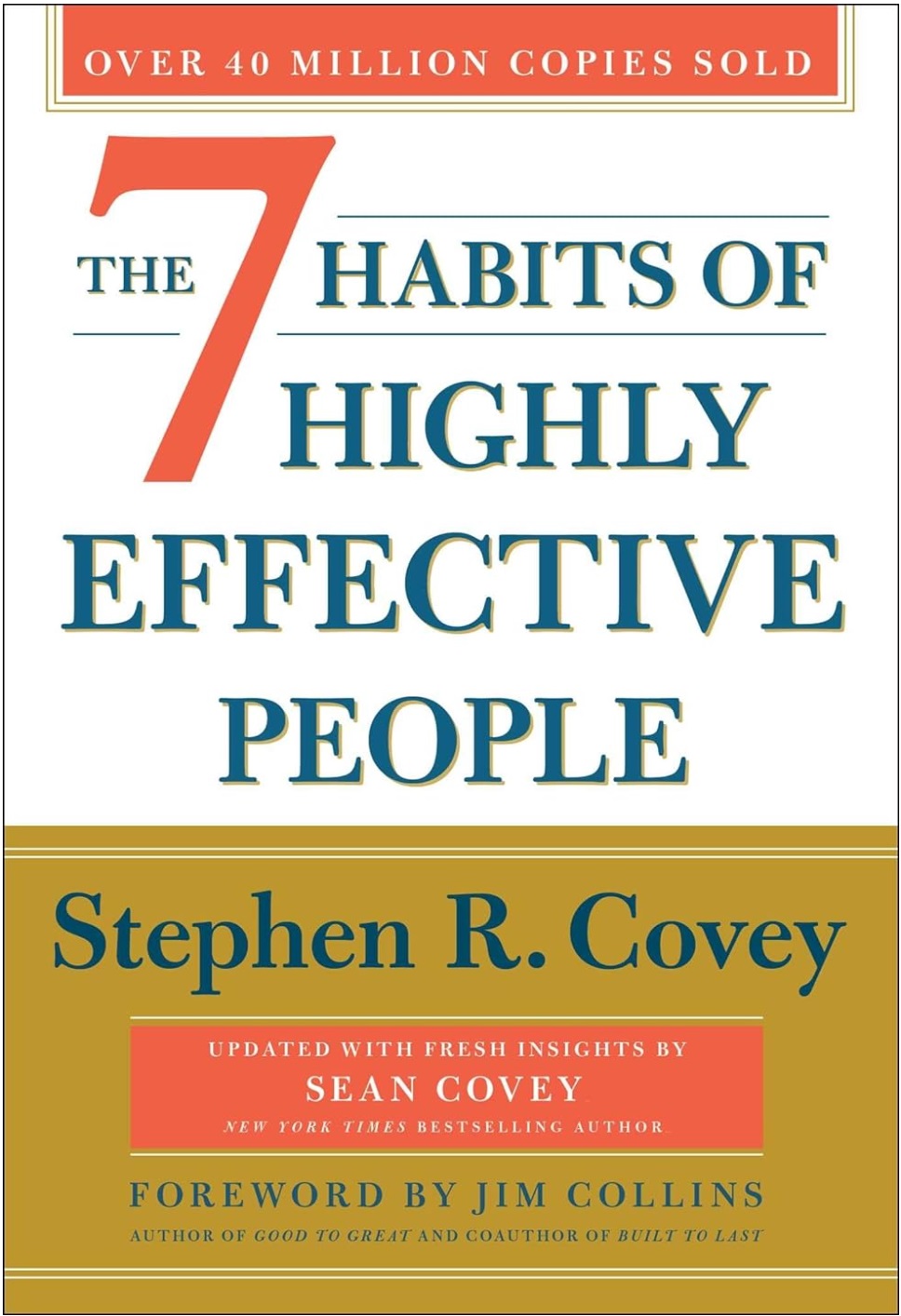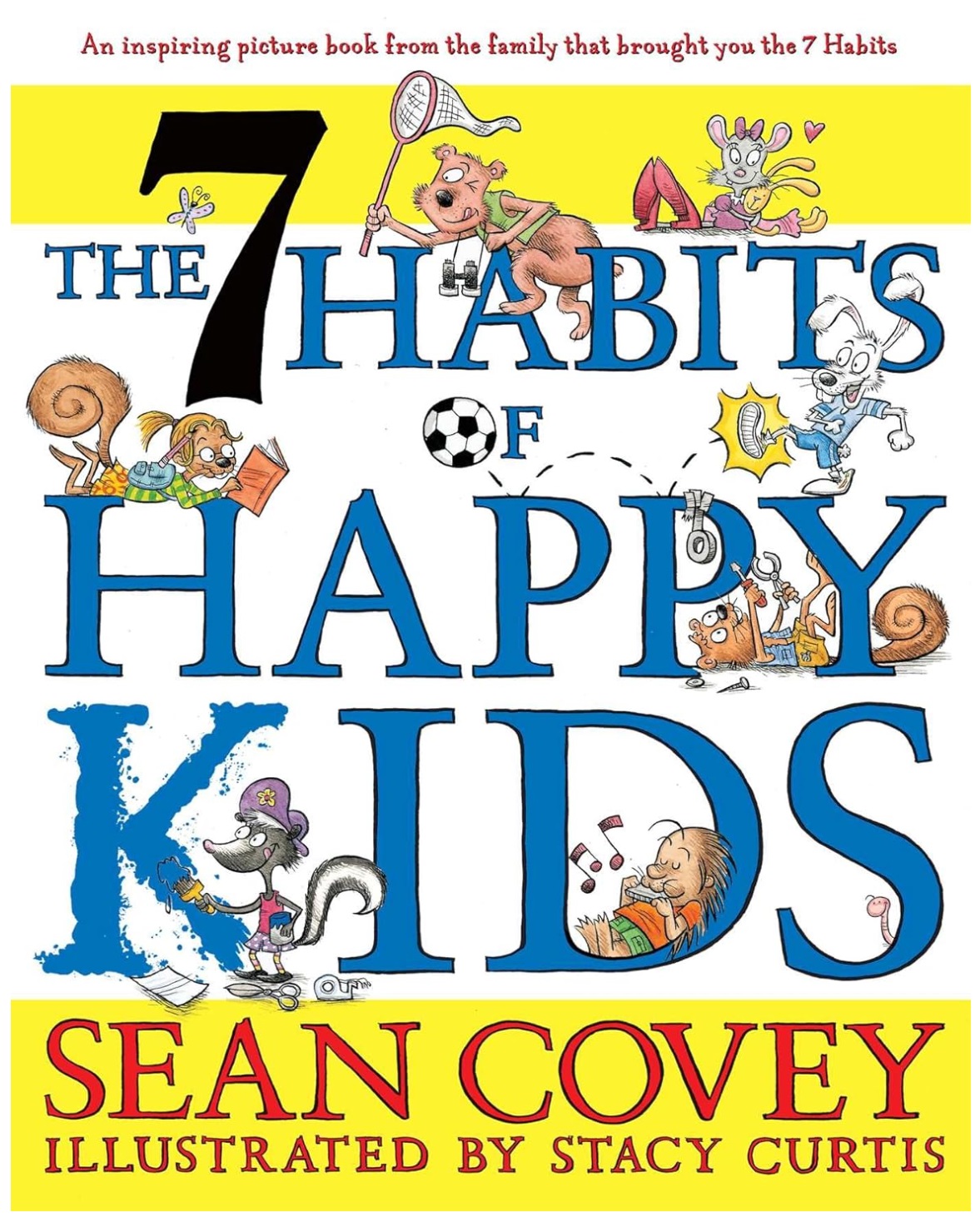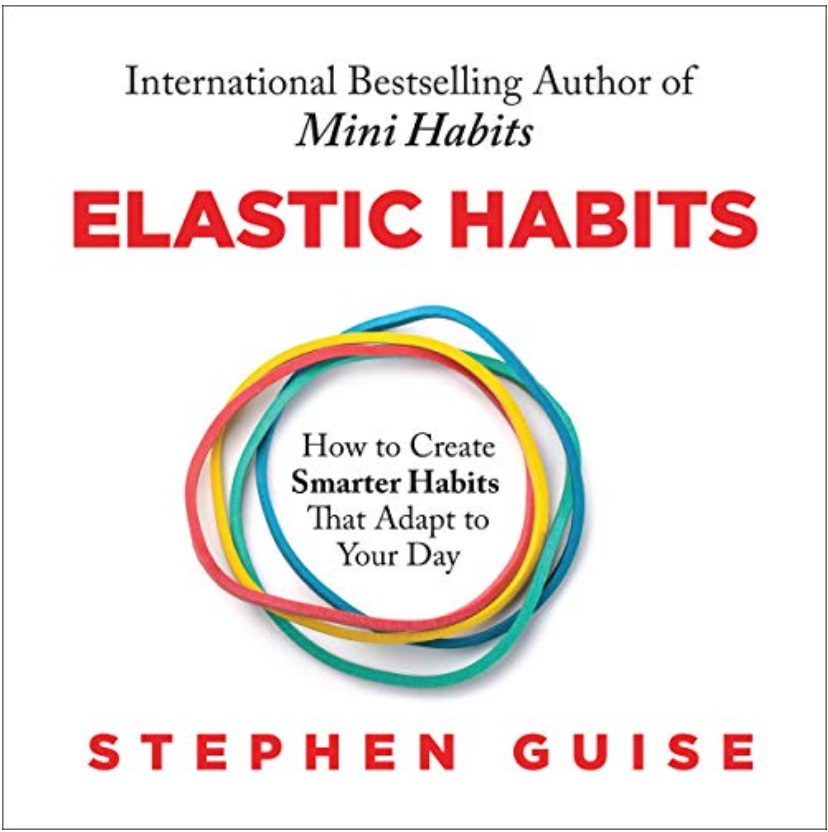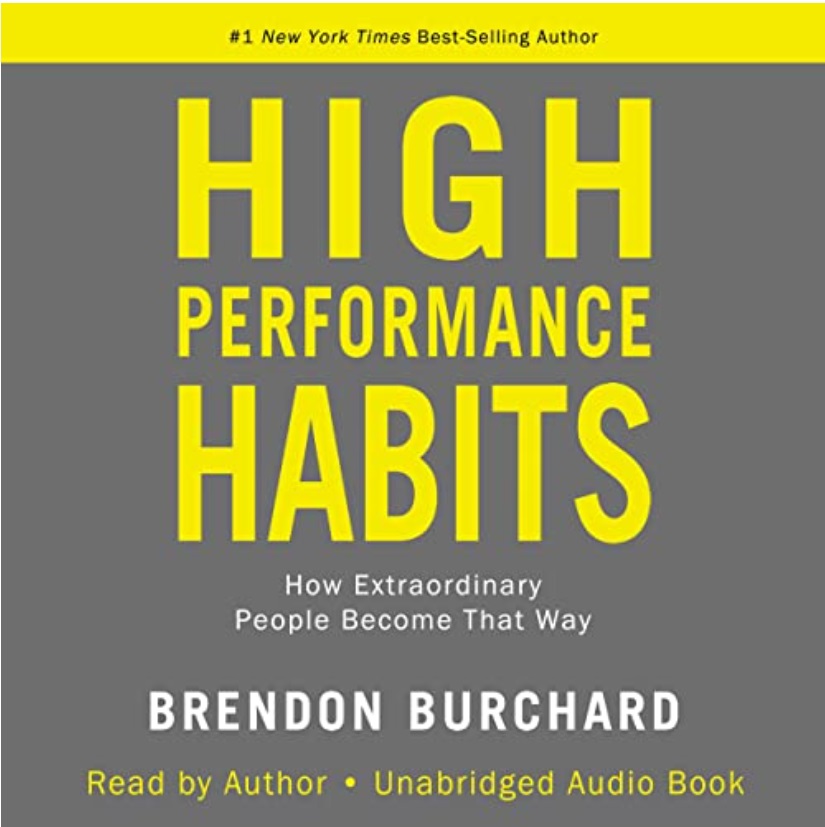- KEY POINTS
- Break free from negative patterns with small, consistent changes.
- Learn practical steps to replace bad habits with positive ones.
- Discover how to maintain lasting success by rewiring your mindset.
Breaking bad habits can feel like an uphill battle. I know because I’ve been there—trying to overhaul everything at once and burning out in the process. But what I’ve learned is that the smallest shifts often lead to the biggest transformations.
The idea of massive, dramatic change sounds appealing, but it can be overwhelming. That’s where tiny shifts come in. They’re subtle yet powerful, manageable, and sustainable. One small adjustment can set off a chain reaction, gradually dismantling even the most ingrained habits.
When I started focusing on small changes, everything began to shift. Instead of forcing myself to quit habits cold turkey, I found ways to tweak them bit by bit. This made the process feel less like punishment and more like growth.
In this post, I want to share how tiny shifts can help you break bad habits and build the life you want—one small step at a time. If you’re someone who struggles with procrastination, negative self-talk, or even binge-watching Netflix for hours, trust me—small, consistent efforts can make a difference.
For more insights on why certain habits stick around, I recommend starting with Identifying Bad Habits: What’s Holding You Back. It dives deep into recognizing the hidden patterns that keep us stuck.
Table of Contents
ToggleUnderstanding the Root of Bad Habits
Identifying Triggers
Before we can make meaningful shifts, we need to understand what fuels bad habits. For me, procrastination always reared its head during moments of stress. Instead of tackling tasks head-on, I found myself scrolling through social media or reorganizing my closet (again).
By paying attention to the times I fell into these patterns, I realized stress and overwhelm were my biggest triggers. Identifying these triggers is crucial because you can’t fix what you don’t acknowledge.
Think about your own triggers. When do you reach for that extra cookie, start biting your nails, or skip your workout? Is it boredom, anxiety, or maybe a lack of motivation? Jot down these moments. You’ll start noticing patterns that provide valuable insight into your habits.
For those who often find themselves avoiding important tasks, I suggest reading How to Overcome Common Bad Habits Like Procrastination. This post offers practical tips to break free from procrastination cycles.
Shifting Your Environment
One tiny shift that helped me immensely was tweaking my environment. For example, I used to keep snacks on my desk, making mindless munching inevitable. Simply moving them to a cupboard out of sight made a surprising difference.
The same principle applied to my phone. I used to keep it within arm’s reach while working, which led to constant interruptions. Now, I place it in another room when I need to focus. Small environmental changes like this can significantly reduce the pull of bad habits.
I dive deeper into these strategies in Breaking the Cycle: Tools to Replace Bad Habits with Good Ones. This post breaks down how to gently substitute harmful routines with positive alternatives.
Replacing Instead of Removing
Another effective shift I learned is replacing bad habits with better ones instead of simply cutting them out. When I stopped reaching for junk food during stressful times, I replaced it with herbal tea or fruit. I didn’t feel deprived because I was substituting rather than eliminating.
Try this with your own habits. If you tend to scroll endlessly at night, swap your phone for a book. If skipping workouts is a pattern, start with just five minutes of stretching instead. The goal is to pivot gently rather than engage in a mental tug-of-war.
Reflect on this—what’s one small environmental shift or replacement you can make today?
If you feel like accountability could help, How Support Systems Can Help You Break Bad Habits offers great advice on leaning on others to stay consistent.
The Role of Consistency and Patience
Celebrating Small Wins
One of the biggest lessons I learned in breaking bad habits is the importance of celebrating small victories. When I first started making changes, I expected results overnight. But habits don’t form in a day—and they certainly don’t break in one either.
I remember struggling to reduce my screen time in the evenings. Initially, I aimed for a full hour of reading instead. On some nights, I only managed ten minutes. Rather than feeling defeated, I chose to focus on those ten minutes as progress. And over time, those small wins added up.
Celebrating the little wins creates momentum. It rewires the brain to associate change with reward, making it easier to stay consistent. If you’ve managed to avoid procrastinating for one hour or swapped a sugary drink for water, acknowledge that as growth.
For more on reinforcing these wins, I highly recommend reading Rewiring Your Mind for Success. This post breaks down how to gradually reshape your thinking patterns for long-term success.
Building Momentum Through Routine
Momentum is a habit’s best friend. I found that creating small, repeatable routines helped me stay on track. For instance, I started incorporating five minutes of mindfulness into my morning. Initially, I thought it wouldn’t make much difference. But doing it consistently created a sense of routine, and eventually, I felt off if I missed a day.
Tiny shifts thrive on repetition. If you want to end bad habits, introduce small, manageable replacements into your daily schedule. Five minutes of journaling, ten push-ups, or simply getting outside for a quick walk—all of these build momentum.
Curious about crafting routines that work? Evening Habits to Promote Better Sleep dives into how small evening rituals can lead to deeper rest and a clearer mind, which makes breaking bad habits even easier.
Handling Setbacks Gracefully
Here’s the truth: setbacks are inevitable. I’ve fallen off track countless times. And honestly, that’s part of the process. The key is not to let a single slip-up turn into a downward spiral.
I used to think missing one day meant I’d failed. Now, I treat it as a reminder of why I’m making changes in the first place. Instead of abandoning my progress, I gently pick myself up and start again the next day.
If you’re feeling frustrated by a lack of progress, check out The Long-Term Impact of Breaking Bad Habits. This post offers perspective on how small changes accumulate over months and years, creating profound long-term growth.
Surrounding Yourself with the Right Support
Leaning on Accountability Partners
One of the biggest shifts I experienced in breaking bad habits was realizing I didn’t have to do it alone. In the past, I tried to push through bad patterns using sheer willpower. But that can only get you so far. It wasn’t until I shared my goals with a friend that things started to shift.
I vividly remember telling a friend that I wanted to stop procrastinating on work projects. We agreed to check in with each other every Sunday to review progress. Knowing someone else was aware of my goals kept me motivated and honest. Even if I fell short during the week, I felt supported rather than judged.
If you haven’t already, consider involving someone in your habit-breaking journey. Having someone to share both your struggles and victories makes a significant difference. If you’re curious about how to find the right accountability partner, I explored this more in How Support Systems Can Help You Break Bad Habits.
Creating a Positive Environment
Your environment plays a crucial role in shaping habits—both good and bad. I noticed that certain spaces in my home encouraged old habits. For example, working from my couch often led to distractions and Netflix binges. When I shifted to creating a dedicated work area, my focus improved significantly.
Simple changes in your surroundings can signal your brain to behave differently. Remove items that trigger bad habits and replace them with cues for positive behavior. If you’re trying to reduce social media usage, keep your phone in another room. If you want to journal more, leave a notebook in plain sight.
For more environmental tweaks that support positive habit formation, check out Breaking the Cycle: Tools to Replace Bad Habits with Good Ones. This post dives deeper into the power of small environmental changes.
Staying Focused on the Bigger Picture
There were times during my journey when I questioned why I was bothering to break bad habits. It’s easy to lose sight of the bigger picture when progress feels slow. In those moments, I found it helpful to reflect on why I started in the first place.
I began writing down small notes to remind myself of the long-term benefits of ending certain habits. For instance, stopping late-night scrolling helped me feel more rested, which improved my productivity during the day. Over time, those small reflections built into a clearer vision of the life I wanted to create.
If you ever need a reminder of why breaking habits matters, revisit Identifying Bad Habits: What’s Holding You Back. Sometimes just recognizing what’s hindering us can reignite motivation to keep going.
Embracing the Process
Breaking bad habits is not a straight line. There are ups and downs, but every step—no matter how small—counts. I’ve learned to appreciate the journey and not just the destination. Each habit I’ve broken has taught me resilience, patience, and self-awareness.
As I continue to grow, I remind myself that the process is as valuable as the result. If you feel like you’re not making progress, take a moment to acknowledge how far you’ve come. Even the smallest steps forward are worth celebrating.
Final Thoughts
Breaking bad habits isn’t about perfection. It’s about progress.
When I first started this journey, I thought success meant eliminating every negative habit overnight. But the truth is, it’s the small, consistent efforts that make the biggest difference. Replacing one habit at a time, leaning on support systems, and making minor adjustments to my environment all played a role in rewiring my behavior.
If there’s one thing I’ve learned, it’s that each tiny shift matters. Whether it’s choosing to meditate for five minutes instead of scrolling on my phone or opting to start the day with intention, those small decisions create lasting change.
I invite you to explore the resources I’ve written, from How to Overcome Common Bad Habits Like Procrastination to The Long-Term Impact of Breaking Bad Habits. Each piece dives deeper into practical strategies that can help you build momentum in your habit-breaking journey.
Remember, every habit you replace, no matter how insignificant it may seem, brings you closer to the person you want to become. Celebrate the progress. Trust the process. And take that first small step today.
References
Blog Post References
- Identifying Bad Habits: What’s Holding You Back?
- How to Overcome Common Bad Habits Like Procrastination
- Breaking the Cycle: Tools to Replace Bad Habits with Good Ones
- How Support Systems Can Help You Break Bad Habits
- The Long-Term Impact of Breaking Bad Habits
- Rewiring Your Mind for Success
- Mindfulness Techniques to Break Bad Habits
- Stop Bad Habits with Positive Small Steps



